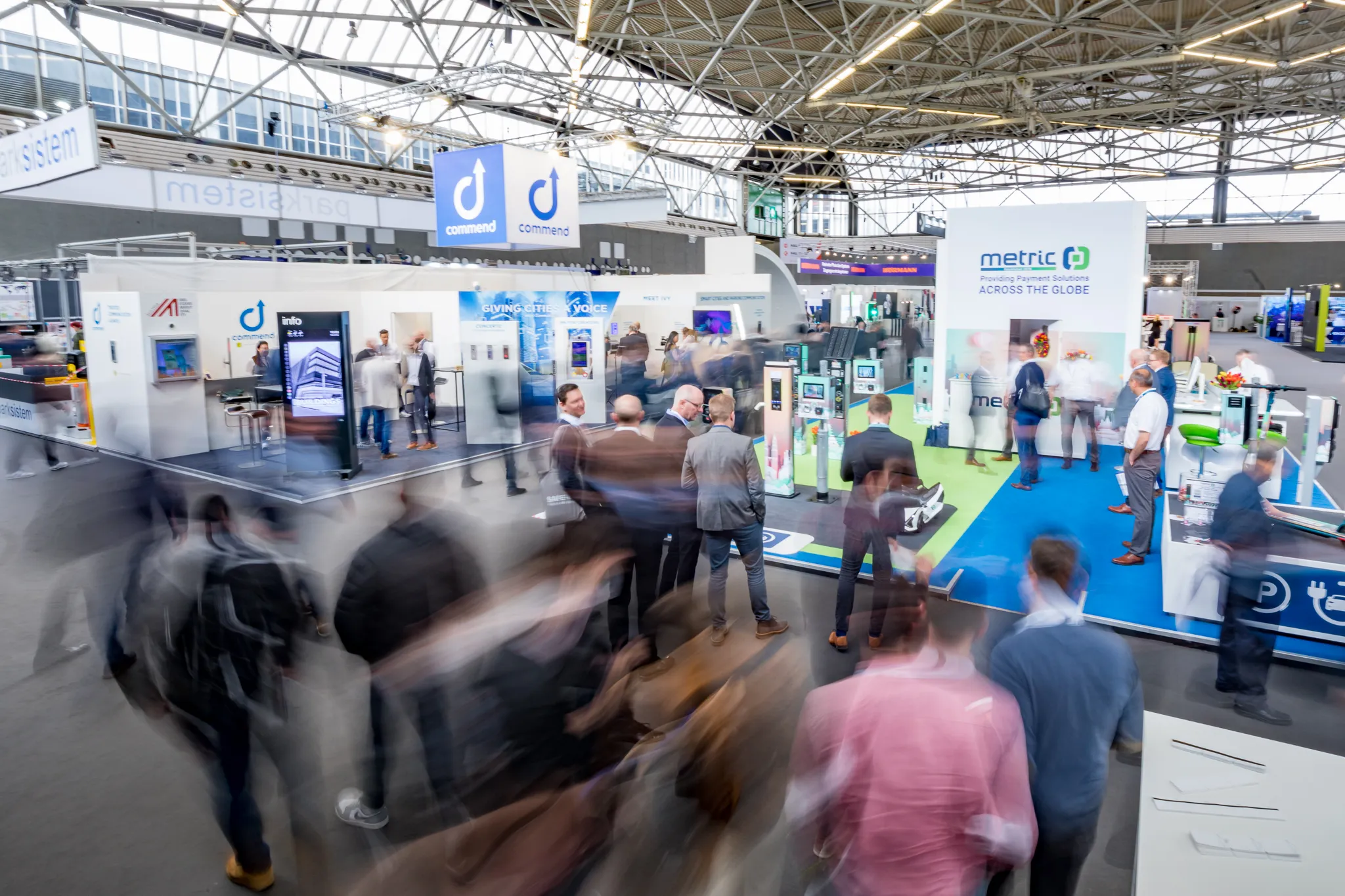As holder of the EU Presidency in 2016, the Netherlands has organised the 2016 European Truck Platooning Challenge and it is no coincidence that it will involve Intertraffic Amsterdam.
Truck platooning, where two or more trucks travel in convoy very close to each other, provides many benefits. The first truck does the driving while the ones following are connected by a wireless electronic communications system, like the carriages of a train. This futuristic concept is no longer a concept! Truck platooning has been implemented by many truck manufacturers and successfully clocked up many, many thousands of kilometres in testing.
The Netherlands has organised the 2016 European Truck Platooning Challenge to bring truck platooning a significant step closer to implementation; the belief is that it can become a reality in Europe by 2020 – just four years away! The hurdles in the way of that goal are not technical. Truck platooning can only achieve this ambition by adopting a new way of working and by crossing borders, both between member states and public and private parties. With close cooperation between the automotive industry, research institutions and government authorities, truck platooning can become the norm and the Netherlands is helping achieve this close cooperation and working as a constructive coordinator.
The Challenge
Automated trucks from several manufacturers, including DAF, Daimler, Iveco, MAN, Scania and Volvo, using state-of-the art technology, will drive in platoon on public roads, cross-border, from various European cities to the Netherlands. They will travel on the main EU ITS corridors like the Nordic Logistic Corridor and the route between Rotterdam, Frankfurt and Vienna.
On Wednesday 6 April, the platoons of trucks are expected in Rotterdam, using public roads from Finland, Sweden, Denmark, Germany, Belgium and the Netherlands. Unique in this challenge is the joint effort between authorities (European member states, road and vehicle approval authorities) and industry, working as equals, each on the basis of its own role and responsibility – backed by EU umbrella bodies like CEDR (road authorities), EREG (European vehicle and driver registration authorities), ACEA (automotive industry), CLEPA (suppliers) and IRU (logistics service providers).
This ‘practical test’ should enable steps to be taken towards bringing down existing borders between countries – in terms of legislation and regulation – and between the public and private sectors. For the first time in Europe this will free up the way for large-scale testing on open roads, cross-border.
Invitational Conference
As a follow-up on the Challenge, Rijkswaterstaat, the Dutch ministry of infrastructure and the environment, will be holding an Invitational Conference on 7 April at Intertraffic Amsterdam 2016. The truck platoons will have landed on the Maasvlakte (APM Terminals) in Rotterdam on Wednesday 6 April. The plan is for them to continue along the public road, heading for the RAI, the next day, 7 April. The trucks will be parked in front of the RAI building, where they will be on view. Inside the building, the Connekt stand, among others, will focus on the results of the Challenge and the future potential for platooning. “We are happy to cooperate with Intertraffic”, says Dirk-Jan de Bruijn, programme director EU Truck Platooning Challenge 2016. “Rijkswaterstaat and the Challenge will benefit from the exposure generated by Intertraffic.”
Roadmap 2020
Preceding the Invitational Conference a number of meetings will take place for the truck platooning network in order to gain further knowledge on certain areas, such as logistics, human factors, preparing a provisional Roadmap Truck Platooning 2020, and see what truck platooning pilots are planned for in the near future. Some leading spokesmen in the field of smart mobility and ITS, such as Carlo van de Weijer, TU Eindhoven, The Netherlands, will submit presentations and share important insights on truck platooning. The main purpose of the Roadmap Truck Platooning 2020 is to give a long-term outlook on the realisation and consolidation of truck platooning in Europe. This roadmap will be presented to all 28 European Transport ministers at the Informal Transport Council on 14 April being held in the Amsterdam Maritime Museum.








